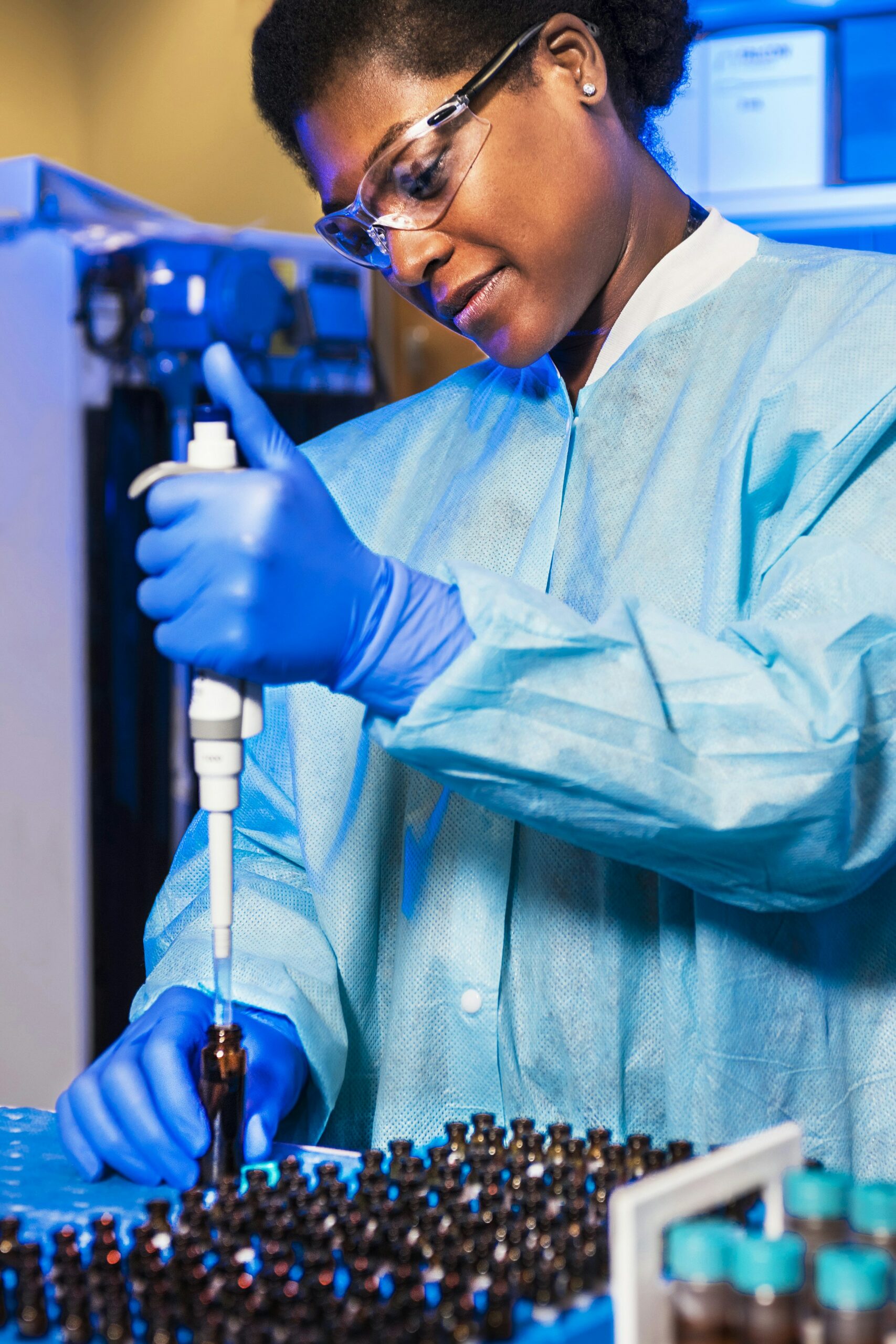Bile Acids Drive Fibroblast Activation and Fibrogenesis in PSC
May 7, 2025
Bile acids drive fibroblast activation, fibrogenesis, interstitial matrix fibrosis and outcomes in PSC
Introduction
Fibrosis often originates from a persistent insult that damages epithelial and endothelial cells and activates chronic pro-inflammatory processes that impair the regular course of tissue repair.
A hallmark of fibrosis is the activation of fibroblasts leading to excessive production of type I, III, and VI collagens in the interstitial space of the extracellular matrix (ECM). Several drivers, including transforming growth factor-beta (TGF-β), have been identified as key drivers of fibroblast activation. While bile acids (BA) have been shown to correlate with the fibroblast activation marker nordicPRO-C3™ in biliary diseases, their precise role in the process of fibrogenesis remains unclear.
The present work aims to investigate the relationship between bile acids and markers of ECM formation and degradation during anti-fibrotic therapy (an engineered FGF-19; NCT02704364 analogue;) and related prognostic ability of biomarkers reflecting fibroblast activity in PSC.
Poster
Conclusion
Fibroblast activation and collagen formation play a crucial role in determining outcomes in PSC. The data suggests that bile acids activate fibroblast driving fibrogenesis, and that lowering of bile acids attenuate the fibrotic drive. Lowering fibroblast activity may have positive effects on liver related outcomes in PSC.




